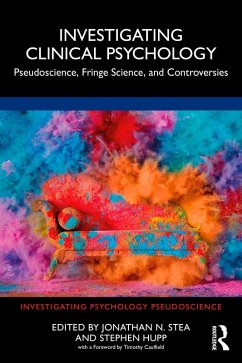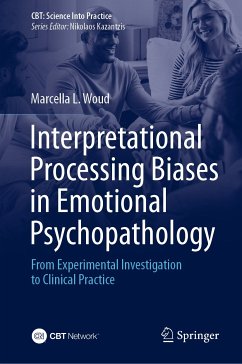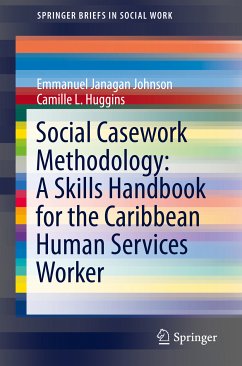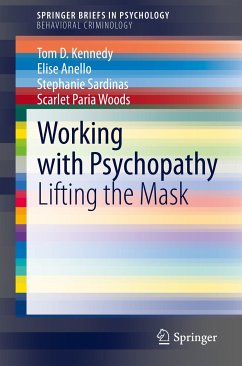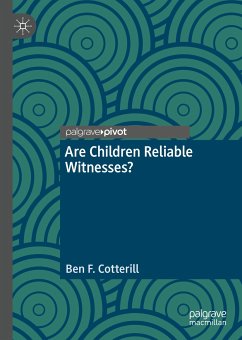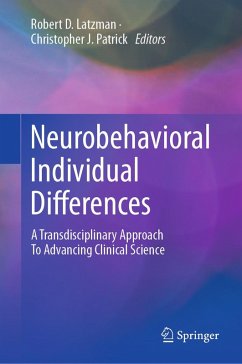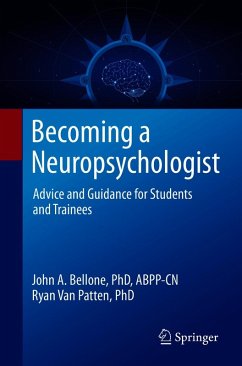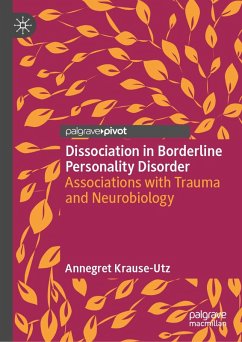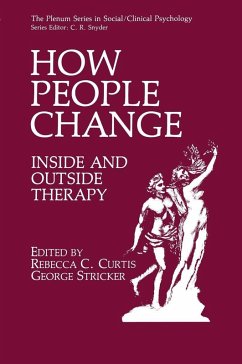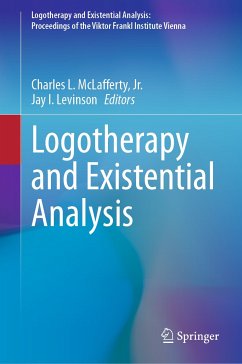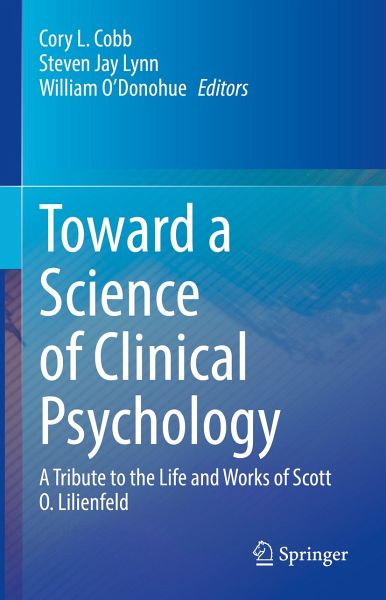
Toward a Science of Clinical Psychology (eBook, PDF)
A Tribute to the Life and Works of Scott O. Lilienfeld
Redaktion: Cobb, Cory L.; O'Donohue, William; Lynn, Steven Jay
Versandkostenfrei!
Sofort per Download lieferbar
128,95 €
inkl. MwSt.
Weitere Ausgaben:

PAYBACK Punkte
64 °P sammeln!
This book pays tribute to Scott O. Lilienfeld of Emory University, a leading scholar in the field of clinical science who has made important contributions to a wide range of central topics including definition of the field, cognitive biases and critical thinking, memory, personality and personality disorders, projective testing and its problems, cultural sensitivity and issues like microaggressions, forensic psychology and neuroscience, among others. His writings are known for their clarity, their astute critical frame, their fairness, and their intellectual courage in the face of controversy....
This book pays tribute to Scott O. Lilienfeld of Emory University, a leading scholar in the field of clinical science who has made important contributions to a wide range of central topics including definition of the field, cognitive biases and critical thinking, memory, personality and personality disorders, projective testing and its problems, cultural sensitivity and issues like microaggressions, forensic psychology and neuroscience, among others. His writings are known for their clarity, their astute critical frame, their fairness, and their intellectual courage in the face of controversy. This anthology serves as a thorough introduction to the scientific evolution of clinical psychology, collecting contributions from leading authorities in each of these domains to comment on past and future insights made possible by Scott Lilienfeld's work.
Dieser Download kann aus rechtlichen Gründen nur mit Rechnungsadresse in A, B, BG, CY, CZ, D, DK, EW, E, FIN, F, GR, HR, H, IRL, I, LT, L, LR, M, NL, PL, P, R, S, SLO, SK ausgeliefert werden.



